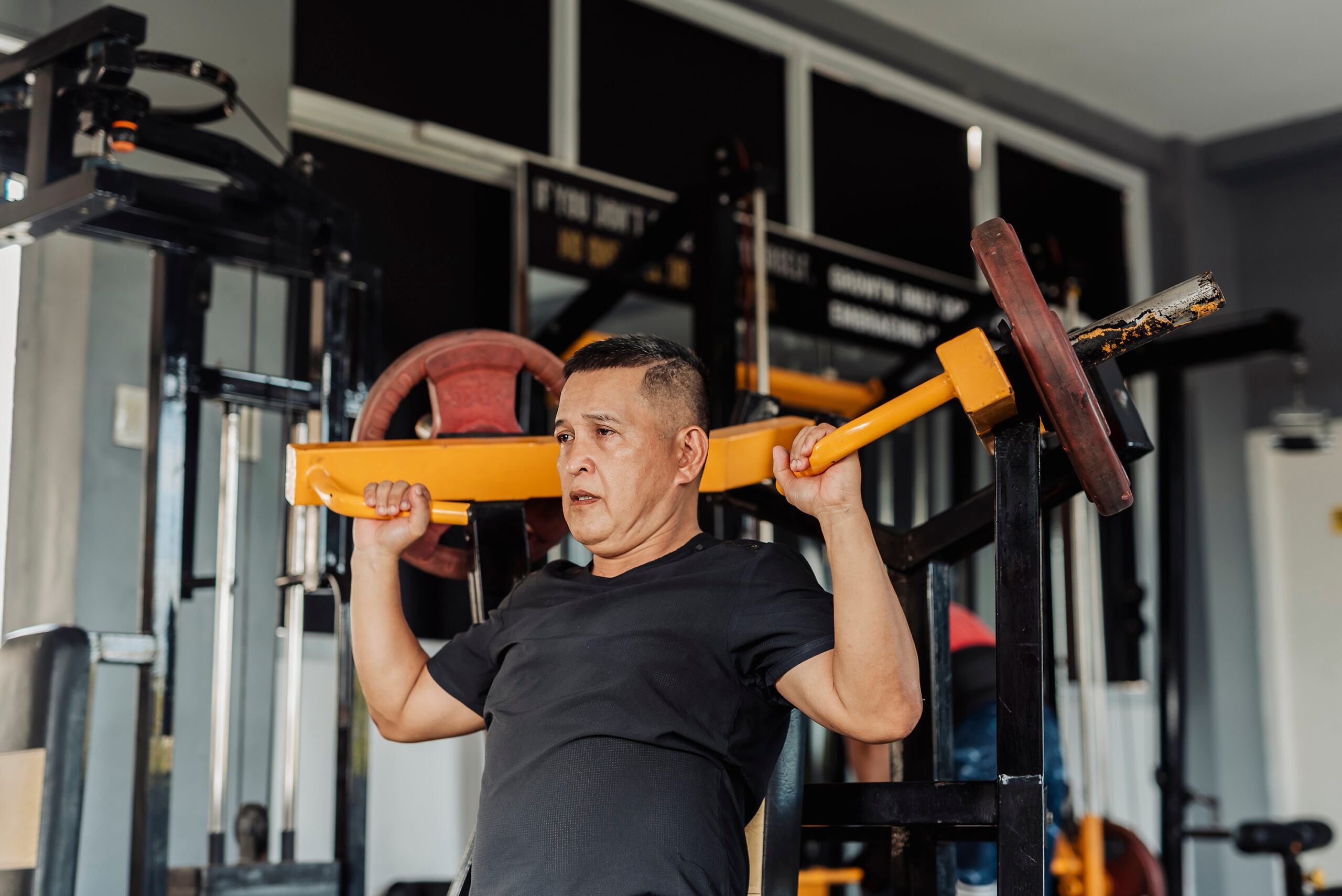When most people think about fitness, they picture weight loss, muscle gain, or chasing personal records in the gym. But for veterans, physical fitness carries a much deeper meaning. It is not just about looking good or performing well in a sport. It can be a lifeline for mental health. As someone who has trained alongside veterans and seen the unique challenges they face, I believe the connection between movement and mental well-being is something we should be talking about a lot more.
The Mental Health Challenges Veterans Face
Transitioning from military service back to civilian life is not easy. Veterans often deal with stress, anxiety, depression, or post-traumatic stress disorder (PTSD). The structure and camaraderie they relied on during service can feel absent in civilian life. On top of that, many deal with physical injuries that add to the mental strain.
Mental health support is essential, but not every veteran feels comfortable seeking therapy right away. This is where fitness can serve as a powerful bridge, giving veterans a tool to regain structure, confidence, and emotional stability in their daily lives.
Why Fitness Makes a Difference
Exercise is more than a physical activity. It is one of the most effective natural stress relievers available. Regular workouts release endorphins, improve sleep, and create a sense of accomplishment. For veterans, these benefits can make a meaningful difference.
Fitness also reintroduces the discipline and routine that many veterans miss after leaving the service. Having a workout plan provides structure to the day and creates a healthy outlet for stress. Whether it is lifting weights, running, or joining a group fitness class, that consistency can help rebuild a sense of stability.
Community and Camaraderie
Another overlooked benefit of fitness is community. Veterans often say one of the hardest parts of transitioning out of the military is losing the brotherhood or sisterhood they had in service. Training in a group setting, joining a CrossFit box, or being part of a local running club can recreate that sense of belonging.
When you are surrounded by people who support you and push you to keep going, it reminds you of the camaraderie you had during your time in uniform. That connection can be just as important as the workouts themselves when it comes to mental health.
Adapting Fitness to Different Needs
Not every veteran can or should approach fitness the same way. Some deal with physical limitations, chronic pain, or injuries from their service. The good news is that fitness is highly adaptable. Low-impact exercises like swimming, cycling, or yoga can be just as beneficial for mental health as high-intensity training.
What matters most is finding something that feels sustainable and enjoyable. Fitness should never feel like punishment. Instead, it should be a positive tool that makes life easier and healthier.
Practical Steps to Get Started
For veterans who may feel overwhelmed by the idea of getting back into fitness, here are a few simple steps:
- Start small. Even a 20-minute walk or light bodyweight workout can make a difference.
- Find support. Join a local fitness group or veteran-focused fitness program if possible.
- Set goals. They do not need to be huge. Small, achievable goals can help build momentum.
- Focus on consistency. A regular routine matters more than intensity when it comes to long-term mental health benefits.
Why This Matters to All of Us
This is not just an issue for veterans alone. As a community, we need to understand and support the ways physical health impacts mental well-being. Encouraging veterans to stay active, providing accessible fitness programs, and promoting awareness of the mind-body connection can go a long way toward helping them thrive after service.
Moving Forward Together
Physical fitness may not replace therapy or medical treatment, but it can absolutely complement those tools in powerful ways. For veterans, movement is not just about building muscle. It is about building resilience, creating community, and finding stability during one of life’s biggest transitions.
If you are a veteran or know one, remember this: every step, every lift, every mile matters. Fitness is more than exercise. It is a reminder that strength is still there, both physically and mentally.
